Belarus president’s visit cements ties with Zimbabwe
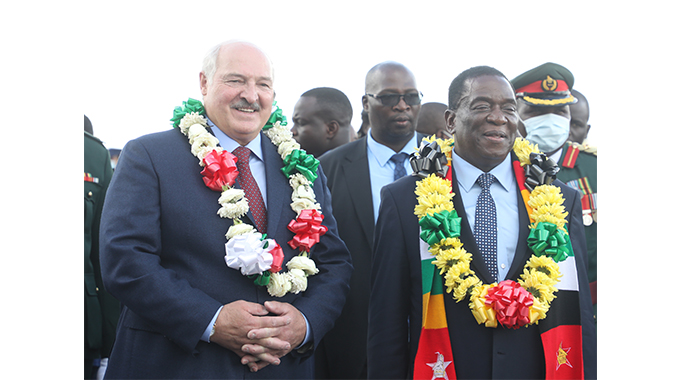
Harare Bureau
BELARUSIAN President Alexander Lukashenko arrived in the country yesterday for a historic three-day State visit where several deals in key sectors of agriculture, mining, infrastructural development, science and innovation are expected to be consummated.
President Lukashenko arrived at the Harare International Airport yesterday afternoon and was welcomed by President Mnangagwa, Cabinet ministers, diplomats and hordes of jubilant Zanu PF supporters who celebrated the fruits of the country’s engagement and re-engagement agenda.
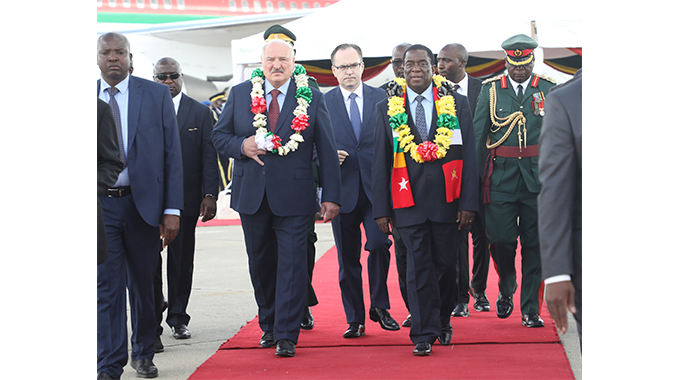
Belarus President arriving in Zimbabwe yesterday
The visit by President Lukashenko is a first of its kind to Sub-Saharan Africa and signifies Zimbabwe’s growing global influence and success of President Mnangagwa’s policy of “a friend to all and enemy to none” and also the Zimbabwe is Open for Business Mantra.
The visiting President was welcomed with a 21-gun salute, a guard of honour, which he inspected, and the national anthems of the two nations, on a sunny day, with traditional dances and songs also in the offing.
After the rousing welcome, the two Presidents departed the airport in the same car, and later had a private dinner.
Today, the two leaders will have a tete-a-tete at State House and then another one thereafter with their delegations where several deals will be signed.
Yesterday, a business delegation from Belarus held talks with their Zimbabwean counterparts, talks which will continue today.
Commenting on Twitter, President Mnangagwa described the visit as “historic”.
“Today Belarus President, Alexander Lukashenko, arrived in Zimbabwe for an historic three-day State visit, his first such visit to a sub-Saharan country. I look forward to exploring how our two great countries may work together and trade with each other in the future.”
After the departure of the two Presidents, the Dean of African Ambassadors to Zimbabwe, Mr James Musoni, who is also Rwanda’s Ambassador, said the visit is a game-changer for Zimbabwe.
“It’s a sign of good co-operation between Zimbabwe and Belarus, this takes relations to another level,” he said.
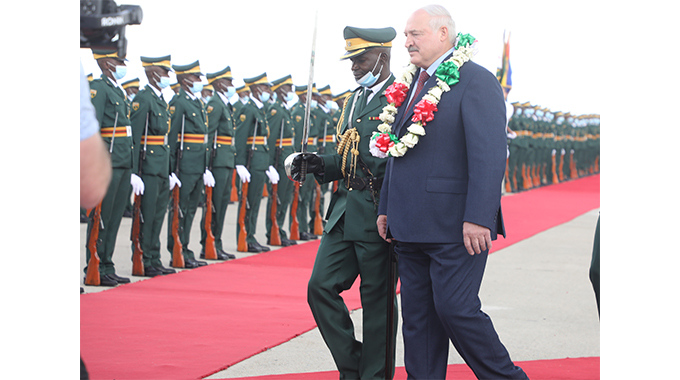
Belarus President arriving in the country yesterday.
On his part, Russia Ambassador to Zimbabwe Mr Nikolai Krasilnikov said the visit is good for the two countries.
“We believe it is very important to develop co-operation with Zimbabwe and Russia always stands ready to work with progressive nations and the three brotherly nations,” he said.
In 2019, President Mnangagwa, as part of his engagement and re-engagement agenda, visited Belarus where the two countries, inter alia, signed an MoU establishing a Joint Permanent Commission, a framework under which commitments were made to strengthen co-operation in various sectors including agriculture, mining, infrastructural development, science and innovation.
This comes as President Mnangagwa, using scientific methods, has put in place mechanisms to ensure that the country’s agriculture sector is both mechanised and rewarding to farmers, by being responsive not only to local demand but global demands vis-à-vis shortages of cereals wrought by climate change, Covid-19 and also conflicts.
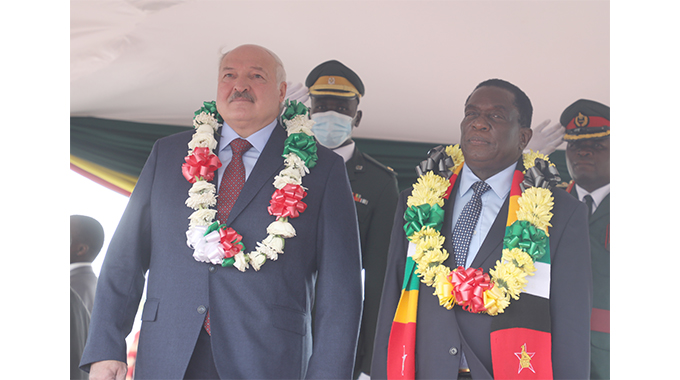
Thus, today that visit is not only being reciprocated but also being cemented through the launch of the Second Phase of the Belarus Mechanisation Facility, the first of which was launched last year.
Under Phase One of the Belarus Mechanisation programme, Zimbabwe took delivery of 474 tractors, 60 combine harvesters, 210 planters, and 5 low bed trucks which were distributed to farmers through CBZ and the Land Bank.
Positive effects of the programme are being felt across the country as farmers increase production and productivity through mechanised farming that uses modern technology to meet not only food security but sovereignty, as espoused by President Mnangagwa.
At its inauguration, the Second Republic set its eyes on the goal of achieving National Food Security through local production, by among other things increasing access to, and greater utilisation of land, and modernising the Agricultural sector through mechanisation, science, and more intensive farmer extension support.

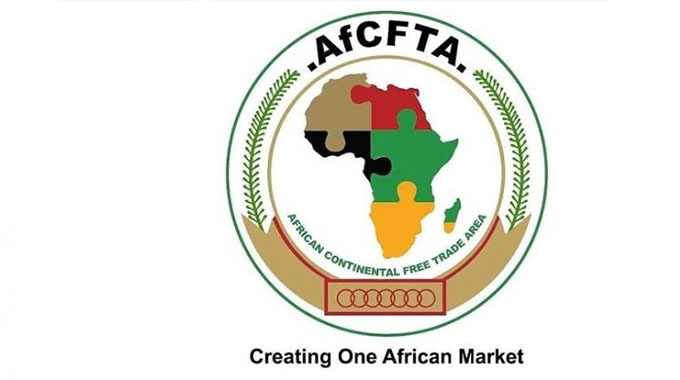
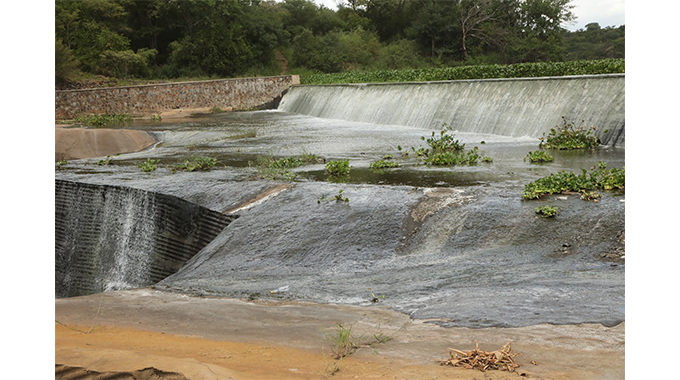

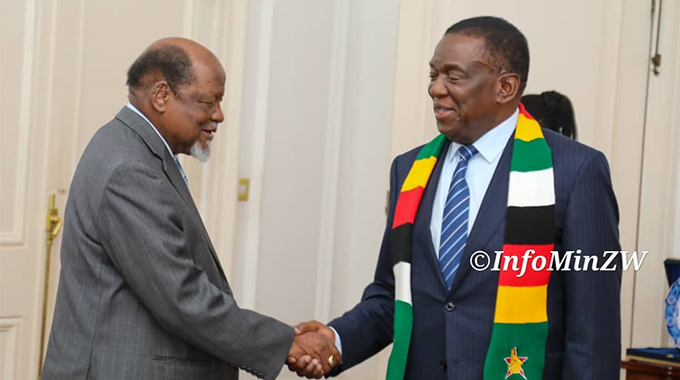
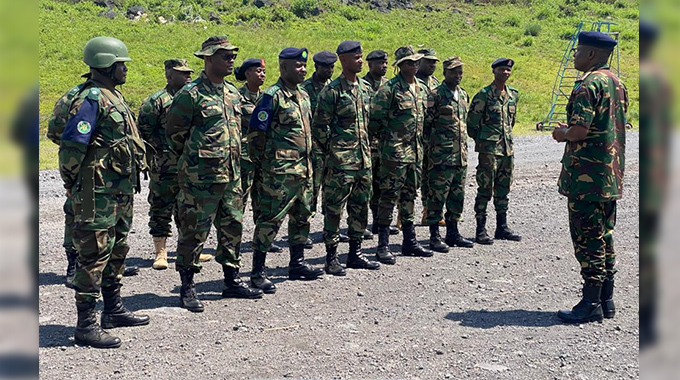






Comments